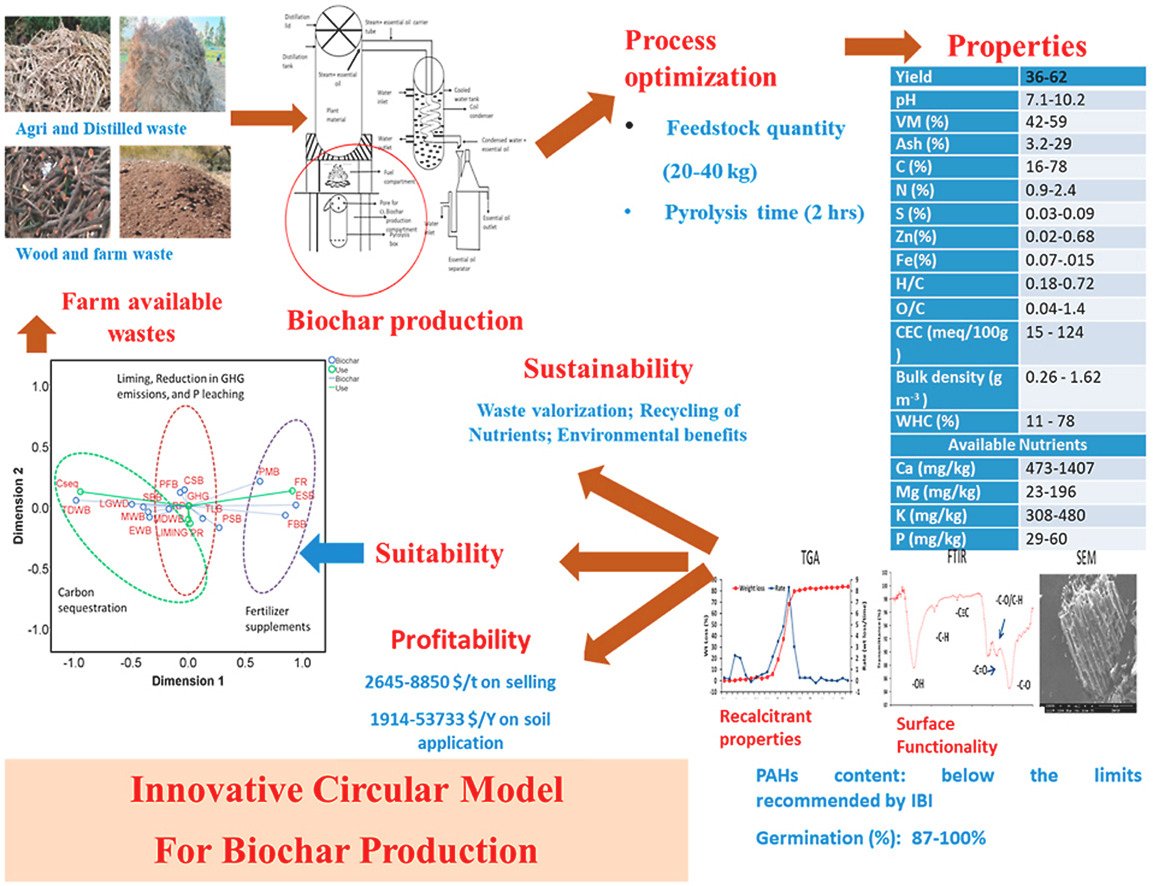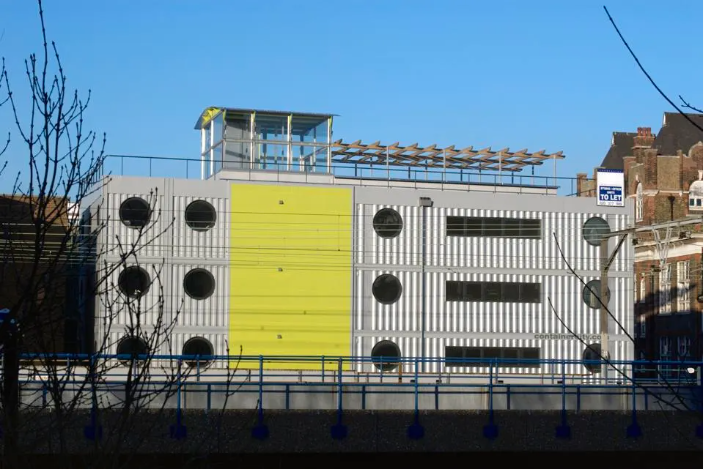Capacity development, stronger links between research, policy and practice and the importance of a systems approach are the three continuing priorities for Global South early career researchers. Though several strategies have been employed to address specific barriers, there are few open, inclusive, and proactively engaging platforms for developing and disseminating empirical research and monitoring and evaluating their effectiveness in delivering the SDGs goals and targets. The Global South and Global North, and within, between and beyond low-, middle- and high-income countries, need to progress steadily in research capacity. Still, a significant barrier to research is a need for empirical evidence on strategic transdisciplinary interventions. Despite an evolution in sustainable development thinking, local actors continue to use outdated development strategies recognised as unsustainable. To realise multi-dimensional, sustainable, innovative approaches, research capacity outcomes must be valued equally as research output on international platforms.
Given this context, the key players – academics, researchers, industry professionals, technocrats and research-oriented institutions – must respond to ongoing and emerging climate change, environmental and sustainability challenges in the Global South and Global North, and within between and beyond low-, middle- and high- income countries. However, the ‘knowledge and skills’ to ‘integrate’ and ‘network’ these fundamental ingredients of capacity development in organic, real-time and innovative ways are missing. Thus, the case is made for a deliberate effort to build a platform that integrates all the above-listed elements, ultimately improving the research capacity and capability of researchers and sustainability professionals throughout the globe.
The fundamental objective of the Network is ‘to create a robust research environment’ building to a multidisciplinary and multisectoral team of endogenous professionals capable of pursuing and utilising participatory and integrative approaches in solving public and environmental sustainability problems.
The kick-off meeting I held online was a highly collaborative and interactive event. Several leading academics from higher education institutions and knowledge-generating centres attended the meeting. Using a participatory and integrative approach, commonly referred to as transdisciplinary research methodology, involved potential partners in the formulation and design phase of the vision of a multidisciplinary partnership development platform. The Network was formed through this collaborative process between the group of international researchers and non-researchers, identifying and agreeing on the following critical points for research and partnership development:
To tackle persistent global issues:
- Social inequalities such as poverty, poverty due to climate change, unequal distribution of knowledge and resource availability, needs of local people;
- Unsustainable resource use, materialism and consumerism, urbanisation (especially organic urbanisation);
- Legal governance, health and wellbeing;
- Affordability, inclusivity and engaging stakeholders
Priorities to tackle global issues:
- Working together – partnerships, teamworking, cooperatives;
- Imparting education and creating self-employment opportunities to tackle poverty;
- Socio-technical production – development of social complementaries for food production, management and consumption, water management and consumption, and energy use and security;
- Creating political commitment by working with local governance bodies, authorities, mayors and people;
- Imparting knowledge and providing training;
- Creating sustainable community knowledge, working conscientious and working in partnerships while tackling urbanisation, sustainability of infrastructures, and desertification and climate change impacts.





